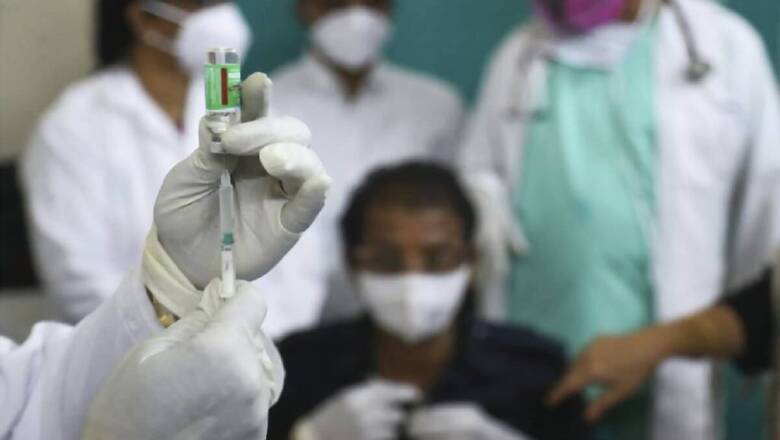
views
On March 11 last year, the World Health Organization (WHO) declared COVID-19 a pandemic. Globally, as of March 25, 2021, WHO has reported 124,535,520 confirmed cases of COVID-19, including 2,738,876 deaths. Corresponding figures for India are 11,738,534 confirmed cases and 160,692 deaths.
In the absence of any specific treatment, the focus has been on testing, treating and controlling the spread of this infection. With a second and third wave surging in some states, vaccinations remain the only hope for controlling this disease. The human population is naïve to SARS-CoV-2 and repeated cycles of re-infections will result in unacceptably high mortality and severe economic disruption. The development of a reasonably effective and safe vaccine, in the shortest period of time, and its rapid deployment to the largest numbers will prove to be immensely beneficial—and this is a public health priority. The long-term solution to COVID-19 pandemic will be a globally implemented, safe vaccination programme that has broad clinical and socioeconomic benefits.
The vaccine researchers and the vaccine industry have accepted the challenge and risen to the occasion. Vaccine research has progressed at “pandemic speed”— on January 11 last year, the Chinese authorities shared the genetic sequence of the novel coronavirus and on December 11, the first COVID-19 vaccine, the Pfizer-BioNTech COVID-19 vaccine, received Emergency Use Authorization. Moreover, novel but extensively researched vaccine platforms, genetic vaccines and viral-vectored vaccines have been the basis for the rapid development of these vaccines.
Ramp up vaccination drive
There is no doubt, with the limited availability of COVID-19 vaccines, their shortage will necessitate prioritization. Prioritization, however, should ensure there is maximization of benefits of vaccination to both individual recipients and the population at large.
The deployment of the COVID-19 vaccines is equally important. Till very recently, vaccine deployment was totally under the control of the Government of India, with absolutely no involvement of the private sector. India started the COVID-19 vaccination drive on January 16 with healthcare workers and essential service providers. As per a statement by the Ministry of Health and Family Welfare, over 55,500,000 (5.55 crore) doses of COVID-19 vaccine have been administered to beneficiaries as of March 26. This is just about 4 per cent of the population. Unless these efforts are further augmented, it’s a long road ahead before we achieve herd immunity, which is the aim of the immunization programme.
ALSO READ| Here’s Why Bengaluru is Witnessing a Surge in Covid Cases Among Children Aged Below 10
In the operational guidelines, the government has acknowledged that the private health sector will be an important stakeholder during the roll-out of the COVID-19 vaccination. It also says states and districts need to proactively engage private players in the health sector. Among the private healthcare providers, the pediatrician is uniquely suited to don the mantle of a COVID-19 vaccinator.
Rope in Pediatricians
Pediatricians are votaries of vaccines. Pediatricians know about vaccines, trust vaccines and respect vaccines. They are familiar with the storage requirement for vaccines and have these facilities in their health set-ups/clinics. They are trained to recognize and manage appropriately the AEFI (Adverse event following immunization) arising out of vaccine administration. Pediatricians have the trust of 2-3 generations in a family. Their views on vaccines are sought and widely accepted.
Pediatricians can augment the vaccination efforts in various ways. They can offer vaccination services in their health set-ups/clinics. They can supplement the efforts of the government by being primary vaccinators or secondary vaccinators in areas with high vaccination targets. Since pediatricians deal with vaccines on a daily basis, they can be excellent vaccine votaries and counter the vaccine hesitancy effectively. They are “prime immunizers,” who are well-versed in ways to communicate with patients about vaccines and address their concerns, if any.
The Indian Academy of Pediatrics (IAP), in a letter to the Union health minister, has offered the services of its members to supplement the efforts of the government in vaccinating the people of our country. This matter has been raised in the Lok Sabha and is being discussed across the country.
ALSO READ| A Year After Lockdown, We Have Learnt Going Local is the Best Way to Fight a Pandemic
The IAP has over 30,000 pediatrician members across 30 state branches and 337 city and district branches, covering almost every nook and corner of the country. Utilization of this dedicated and trained manpower could contribute significantly to improving the population coverage for COVID-19 vaccines. For instance, the allotment of a thousand doses to each pediatrician, to vaccinate those related to their practice, which is the adult family members of the children in their practice, could be a game changer in scaling up the numbers enormously almost overnight. Moreover, this would not require any new infrastructure or training—both of which take time and are open to teething troubles and error.
Parents trust pediatricians with vaccinating their little ones; they would be just as comfortable taking one from their pediatrician. In fact, the pediatrician’s word could even convince the fence-sitters.
A huge increase in the numbers of protected vaccinees may help check the spread of the pandemic. As India struggles to find that fulcrum that tips the balance in its fight against the virus, a sudden jump in the number of those vaccinated could be the proverbial ‘shot in the arm’.
Read all the Latest News, Breaking News and Coronavirus News here












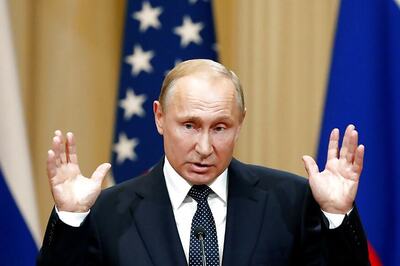
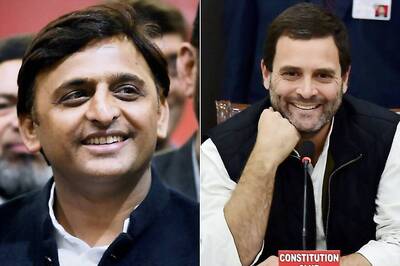




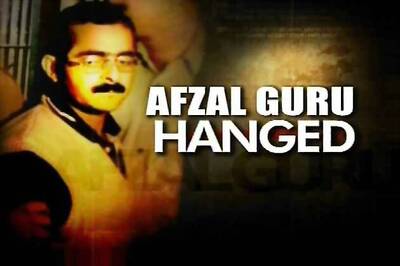
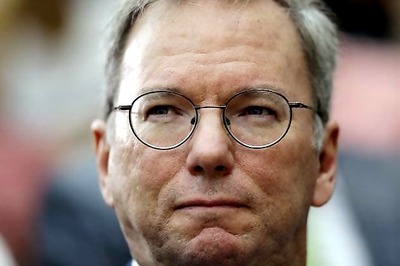
Comments
0 comment